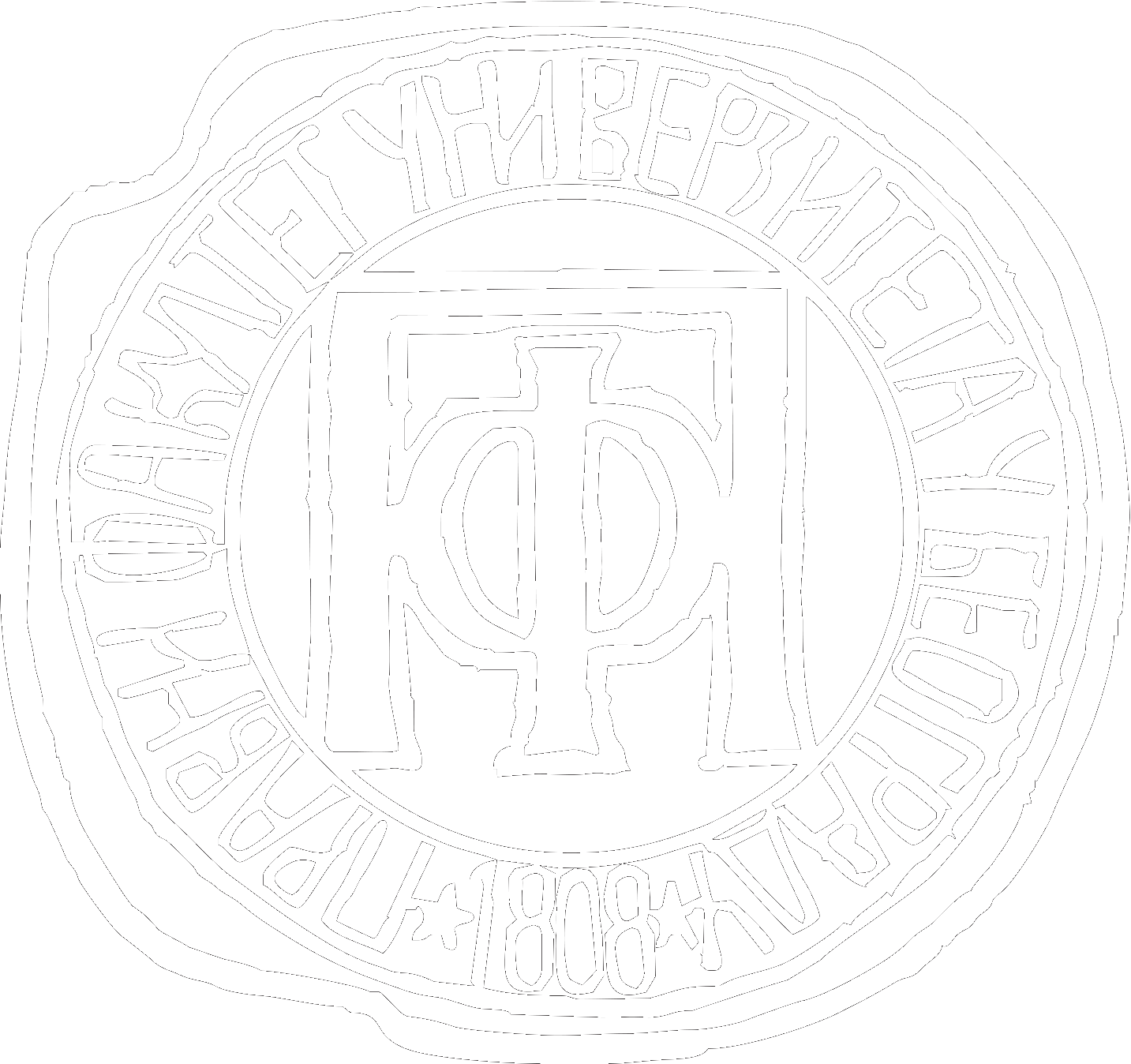Financially respectable crimes of Wall Street
Keywords:
financial crimes; Wall Street; social control; security fraudAbstract
In criminological and socio-legal circles alike, the absence of law or social control as an explanation for a variety of crimes has a long tradition. At the same time, sociologists and psychologists have used social control for more than a century to explain the conduct of people in organizations, neighborhoods, public spaces, and face-to-face encounters. These characteristics of the behavior of law and of social control beg a couple of related questions: "how far will agents of law enforcement and/or academia go to ‘whitewash’ the financial crimes of Wall Street in order to protect those fraud minimalist reputations of some of the most ‘successful’ bankers in the world?" and "when it comes to financial securities control who exactly is regulating whom?" The problem of controlling securities fraud goes far beyond revolving personnel doors that are not really conflicts of interests per se. In the United States, the noncontrol of high stakes securities fraud or the lack of state-legal criminalization of security fraud has a very rich tradition. Throughout U.S. history the illegal use of public money by economic and political elites for personal gain without any penal sanctions has been the most common sanction, if and when, the state decides to intervene. State-legal criminalization of security fraud hangs in the balance of the contradictory forces of free-market capitalism. Like the omissions from civic discourse (pragmatically, this has occurred through the differential application and selective enforcement of civil, criminal, and regulatory law, cognitively, this occurs through the cultural and social denial of the mass victimization of the American people and the corresponding lack of moral accountability for those responsible) there has also been a general capitulation in academic studies of law, crime, and society. According to Black there are four styles of law or governmental social control: (1) penal, (2) compensatory, (3) therapeutic, and (4) conciliatory. In the case of Wall Street looting and federal regulatory colluding, there have been multiple expressions or overlapping exercises in both compensation and conciliation. Predictably, at the very height of the Wall Street pyramid of securities fraudsters, the "high rollers" have not been subject to any criminal or penal control. Further down the financial market "food" chain, a relatively small number or handful of inside traders or hedge fund dealers has been subjected to criminal arrests, indictments, and convictions. Even further down the network of financial illegalities, a few thousand petty mortgage fraudsters have been criminally prosecuted and sanctioned. By the spring of 2012, some four years after the Wall Street debacle, no senior executives from any of the major financial institutions have been criminally charged, prosecuted or imprisoned for any type of securities fraud. Instead of strategies to "better" control these financial crimes, strategies have been developing to control the damage done to the faith of Wall Street investors in the financial system.
Downloads
References
Andenaes, J. 1966. “The General Preventive Effects of Punishment.” University of Pennsylvania Law Review 114 (May). https://doi.org/10.2307/3310845
Barry, R. 2011. “The Big Picture.” Accessed December 2011. http://www.ritholtz.com/blog/2011/12/the-banking-oligopoly/.
Black, D. 2010 [1976]. “How Law Behaves: An Interview with Donald Black.” Reprinted in The Behavior of Law. Special Education. Bingley, UK: Emerald Group Publishing.
Chambliss, W. 1967. “Types of Deviance and the Effectiveness of Legal Sanctions.” Wisconsin Law Review (Summer).
Goldmann, P. 2010. Fraud in the Markets: Why It Happens and How to Fight It. Hoboken, NJ: John Wiley & Sons.
Matza, D. 1969. Becoming Deviant. Englewood Cliffs, NJ: Prentice-Hall.
Simon, D. 2006. Elite Deviance. 8th ed. Boston: Pearson/Allyn & Bacon.

Downloads
Published
How to Cite
Issue
Section
License
Copyright (c) 2013 Greg Barak; Vanja Bajović (Prevodilac)

This work is licensed under a Creative Commons Attribution 4.0 International License.
The authors retain copyright and grant the journal the right of first publication, allowing others to share the work with proper attribution to the authors and acknowledgment of its original publication in this journal.










